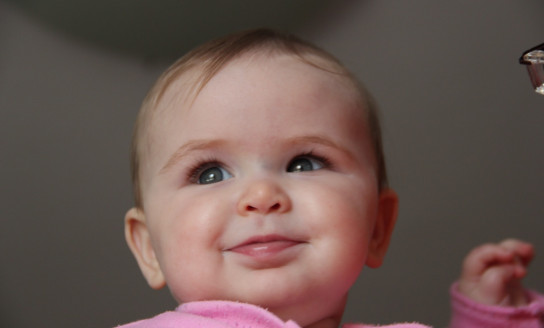Protecting your child's ears
You can help protect your baby from hearing loss or hearing issues:
- avoid exposures to loud sounds
- turn the source down (music or television) to a safer listening level
- limit listening time, or provide frequent listening breaks
- avoid taking young children to loud public events, if possible (if this isn't possible, sit away from the speakers at a show or event)
- use properly fitted hearing protection (ear muffs or earplugs) for children.
Young children can’t verbally express if they're uncomfortable because of loud noise, and they may cover their ears or cry.
Signs of a hearing issue
Your child's behaviour may seem challenging or disruptive, if they have a hearing issue. They may not follow your requests or instructions, because they haven't heard them properly. Kids can also become frustrated if they're trying, without success, to be understood.
Does my child have a hearing issue?
Health Navigator's checklist is only a guide, but it can help flag any issues with your child's hearing. Consider the questions in the external link below and think about how your child reacts most of the time.
Hearing loss in babies and children
When to visit a doctor
If you think your child might have a hearing issue call PlunketLine or take them to see a nurse or your doctor. Your child may be referred for a hearing test to help determine the issue. Some hearing issues are caused by problems in the outer and/or middle ear (wax build-up or glue ear), while other issues are from damage to the inner ear.
If your child does have a hearing problem, finding it early is better for their learning and development.
